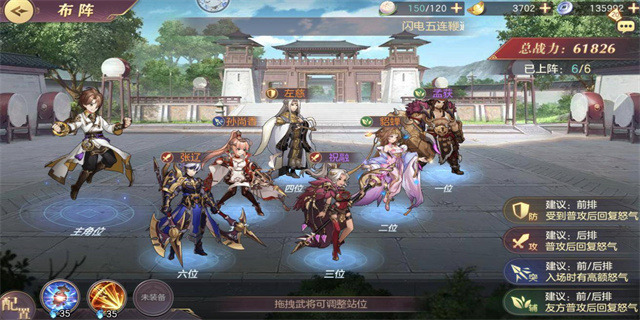Write - The Power of Words
The Art of Writing
Writing is a beautiful form of communication that allows individuals to express their thoughts, ideas, and emotions. It is through writing that we can connect with others, share experiences, and provoke deep and meaningful conversations. The power of words is often underestimated, but its impact on society and individuals is profound.

The Power to Educate
One of the greatest benefits of writing is its ability to educate. Through written words, knowledge can be shared across time and space. Books, articles, and research papers are essential tools for learning. They provide us with access to a wealth of information and enable us to broaden our perspectives, challenge existing beliefs, and explore new ideas. Think of the great philosophers, scientists, and scholars whose ideas have shaped our world – their thoughts continue to educate and inspire generations through the power of writing.

The Power to Inspire
Words have the incredible power to inspire and motivate. They can touch the deepest parts of our souls and ignite a fire within us. Whether it's a book, a poem, or a motivational speech, the written word carries the potential to move us to action. Think of iconic speeches like Martin Luther King Jr.'s \"I Have a Dream\" or famous quotes that have become timeless, like Gandhi's \"Be the change you wish to see in the world.\" These powerful words have the ability to motivate and inspire individuals to make a difference.
The Power to Influence
Writing has always played a crucial role in shaping our cultures, societies, and politics. From ancient scriptures and religious texts to modern-day manifestos and political debates, words have the power to influence and shape public opinion. They can provoke strong emotions, sway people's beliefs, and fuel movements. Think of the impact of influential writers like George Orwell, whose novel \"1984\" brought attention to the dangers of totalitarianism, or Harriet Beecher Stowe, whose novel \"Uncle Tom's Cabin\" helped change public sentiment towards slavery.
The Power of Self-Expression
Writing allows individuals to express their true selves in ways that may be difficult or impossible through other forms of communication. It provides a creative and liberating outlet for emotions, thoughts, and experiences. Whether it's through personal journals, poetry, or short stories, writing enables us to explore our innermost thoughts and share our unique perspectives with the world. It allows us to make sense of our experiences, heal from past wounds, and connect with others on a deeper level.
The Power of Storytelling
Storytelling is a powerful tool that has been used since the beginning of time to share knowledge, preserve traditions, and pass on cultural heritage. Through the written word, stories can be preserved and shared across generations. They have the ability to captivate audiences, transport them to different worlds, and evoke a wide range of emotions. Storytelling through writing allows us to experience empathy, understand diverse perspectives, and foster a sense of unity among humanity.
The Responsibility of Writers
With great power comes great responsibility. Writers have a duty to use their words wisely and ethically. They have the ability to shape public opinion, challenge societal norms, and promote positive change. It is important for writers to consider the impact of their words, to use them to uplift and inspire, and to contribute to the betterment of society. The responsibility lies not only in the content of their writing but also in the tone, language, and representation used.
The Enduring Legacy of Writing
Throughout history, writing has stood the test of time, leaving behind an enduring legacy. From ancient civilizations to modern societies, the written word has played a significant role in shaping our world. It has allowed us to learn from the past, navigate the present, and envision the future. The power of writing cannot be underestimated – it has the ability to transform lives, shape societies, and leave a lasting impact on future generations.


















